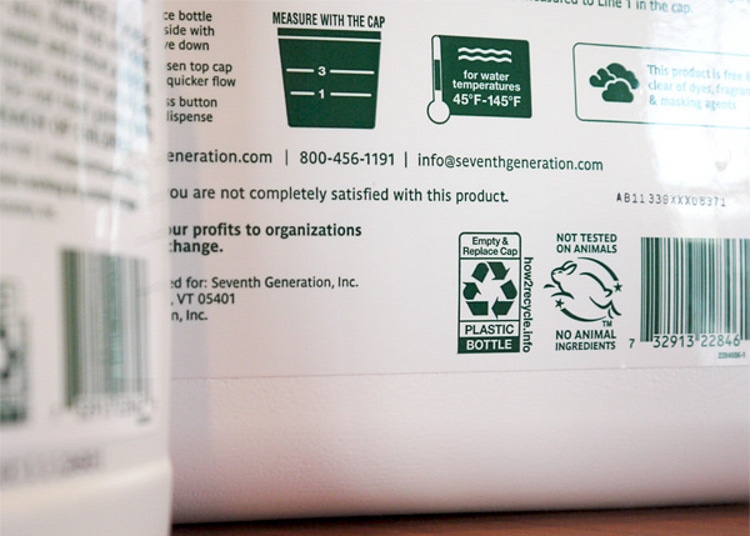How accessible and convenient is it for consumers to recycle?

Many stakeholders are reliant on access to recycling (or “reach”) data not only for making recyclability claims, but also for making design decisions, tracking progress on infrastructure and understanding policy-related opportunities. At GreenBlue, we rely on this data as the “first tier” consideration for package recyclability categorization within the How2Recycle Label Program, and have spent considerable time analyzing current access studies.
As the consumer is often blamed for stagnant recycling rates, it is important for us to work to understand true recycling access as well as the related variability of recycling convenience.
Historically, material trade associations have collected and disseminated broad-level recycling access data findings at the national level. Consultants and others typically look at access on a smaller scale; for example, how a specific package treatment is accepted in the 50 largest cities. While publicly available trade association studies are useful, they lack a consistent methodology, leave data gaps (such as recyclability information on aerosol cans), and don’t currently include a nuanced understanding of multi-family housing and other related recycling limitations that inhibit true access.
At the same time, brands and marketers require access data that is robust and has been third-party validated, and all levels of government have a vested interest as well. For a recent perspective, see Clarissa Morawski’s article in Resource Recycling, All About Access, and its companion piece, Informed Recycling.
With this uncertainty comes tremendous opportunity to take a transparent, detailed approach to understanding true recycling access data beyond what has previously been done. GreenBlue’s Sustainable Packaging Coalition staff recently brought stakeholders together to engage in a series of informative discussions with a goal of standard access definitions and methodology. A longer-term goal of the project is an industry-wide access study that uses consistent methodology while providing the broadest benefit in a cost-effective manner.
While it’s a lofty goal—especially as some organizations have been collecting their own proprietary data for years and aren’t yet motivated to share those data—it’s in the best interest of the packaging and related industries to collaborate and share, as recycling access data by material and package type should be publicly available and transparent.
Additionally, there is an ongoing debate as to whether the emphasis on access is most important when determining recyclability claims. Sorting, reprocessing and end markets are all also key elements that help us understand the limitations of the current system and focus on materials that aren’t successfully recovered, even if they are collected. The theory that increased access leads to increased recovery, which leads to the creation of markets, and material value that restarts the cycle is dependent on a robust understanding of access.
As a result, a deeper dive into understanding the nuances of recycling access is warranted. Better understanding of recycling access through a transparent, consistent and complete methodology not only will uncover questions to be addressed in future studies and projects, but will literally put the industry on the same page of understanding and help answer questions about the other pieces of the recovery supply chain.
We hope that all interested parties will encourage their trade representatives to work with GreenBlue toward an industry-wide, transparent and regularly recurring access data gathering system.
Author Anne Bedarf is senior manager at GreenBlue's Sustainable Packaging Coalition. She leads the organization’s Labeling for Recovery Project (“Restart the Cycle”) project, and oversees the Essentials of Sustainable Packaging curriculum and the sustainable packaging Design Library. For more information on the SPC, visit www.sustainablepackaging.org.
About the Author(s)
You May Also Like


